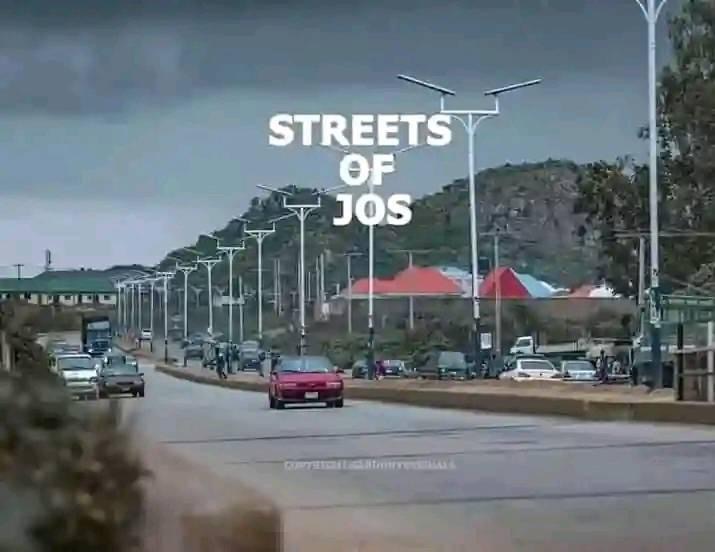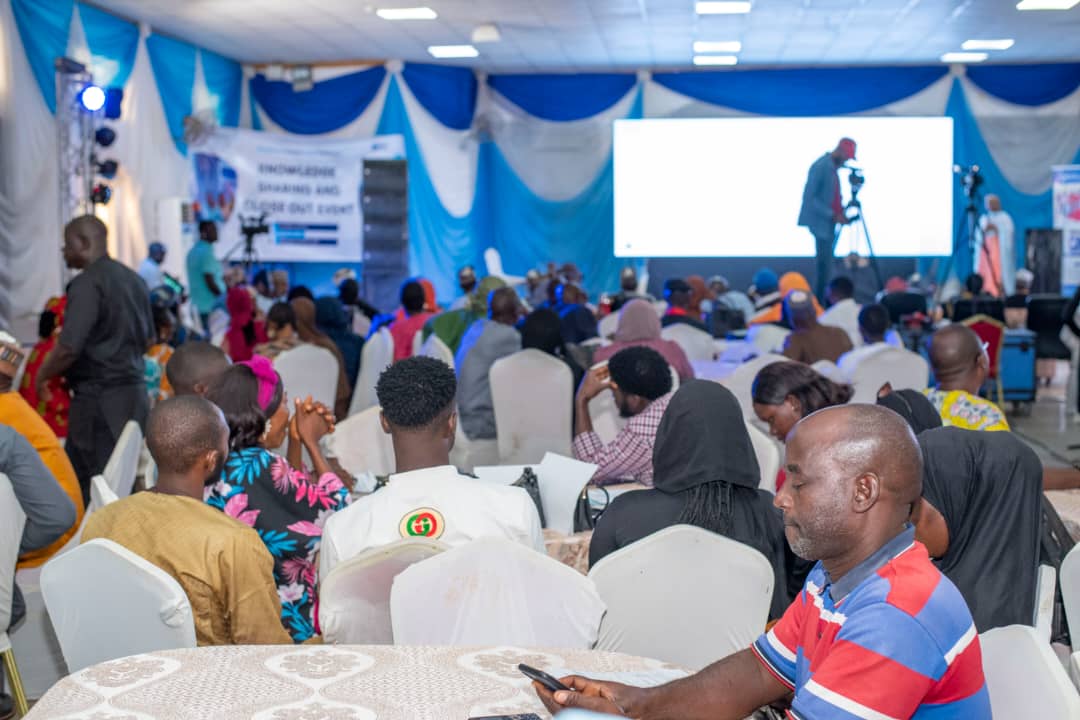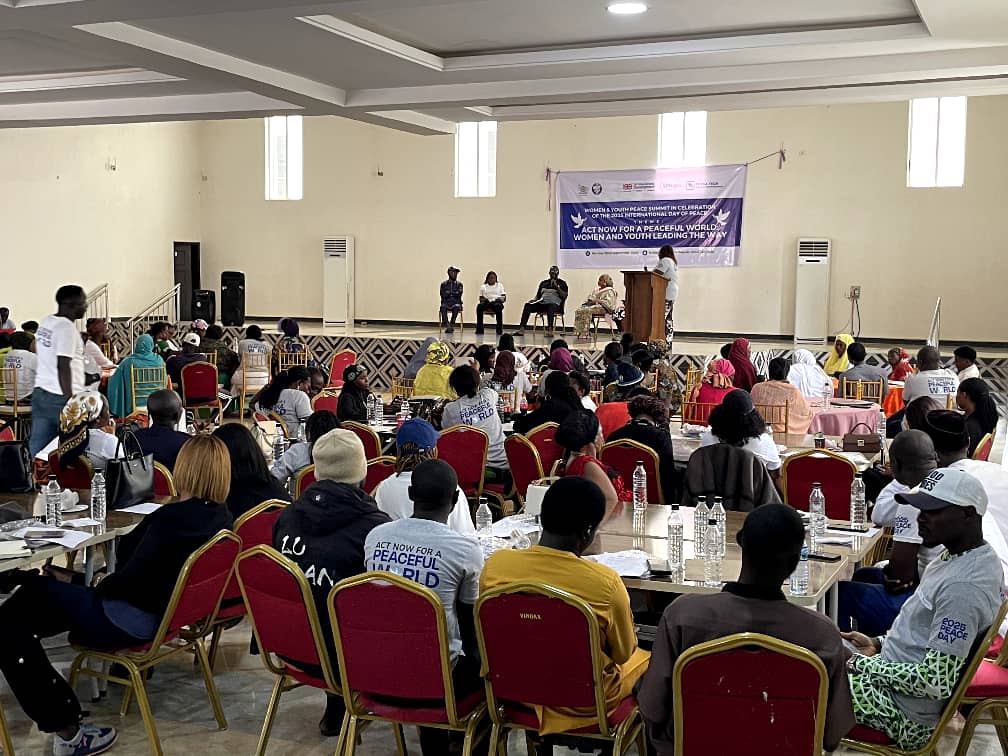By Rwang Weng Abubakar
In many urban areas in Nigeria, the practice of religious bodies closing access roads during worship has become a contentious issue, impacting residents, commuters, and local businesses alike. For instance, in areas like Rayfield and around Zololo roundabout down to Ola Hospital Junction in Jos, access roads are routinely closed during worship times, significantly disrupting normal activities.
Residents and commuters face considerable inconvenience as these closures restrict their movement and often lead to traffic congestion. Businesses in affected areas experience interruptions to their operations, as potential customers find it difficult to reach them during these times.
Religious communities argue that these measures are necessary for security, citing past incidents of insecurity as justification. They aim to protect worshippers from potential threats during religious gatherings.
Consequences and Challenges
However, these closures do not only inconvenience the public but also strain communal relations by fostering distrust and frustration among different religious groups. Moreover, they pose challenges to economic activities by limiting the flow of commerce in affected areas.
Recognizing these challenges, I have always opined that these activities by religious bodies pose limitations to economic activities in the state and as well limits religious tolerance amongst the citizens.
Recently, the Plateau State Governor enacted legislation (through an executive order) to prohibit the closure of roads during worship sessions. This move aims to restore regular traffic flow, promote economic activities, and enhance communal harmony.
While religious bodies may initially resist such bans, citing concerns for the safety of their members, alternative security measures can be explored. These include increased police presence, community policing initiatives, and improved security protocols to safeguard worshippers without resorting to road closures.
Broader Implications and Benefits
By lifting road closures, communities stand to benefit from increased economic vitality, improved traffic management, and strengthened social cohesion. This approach fosters a more inclusive environment where individuals of all faiths can coexist peacefully and conduct their daily activities without unnecessary disruptions.
In conclusion, while the closure of roads during religious worship may have initially aimed at ensuring safety, the broader impacts on community life and economic activities necessitate a reevaluation of these practices. Implementing bans on road closures during worship sessions represents a step towards creating a more vibrant, tolerant, and economically viable urban environment.
I pray that Plateau Citizens see this as a way to foster development in the state and not to restrict or have any disregard for religious authorities.







